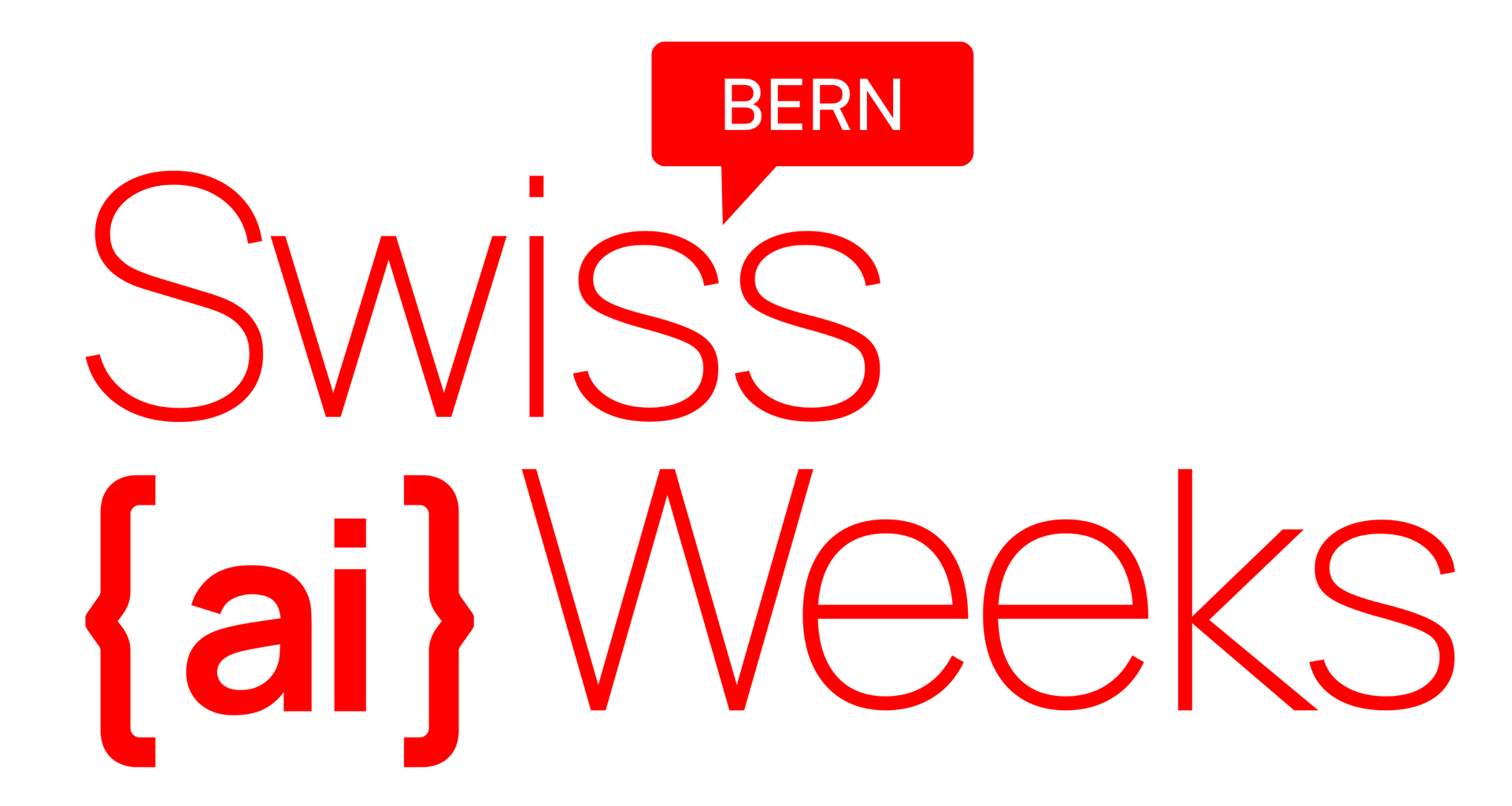AI LUDENS
Use the new Swiss models inside of an open source game engine. Inspire players and indie developers to be more aware of the AI powering their experience - especially those who are interested in Switzerland's culture, languages, and history.
See also 📅KI in Games und Popkultur – ein Reality Check? on Wednesday, September 10 @ Polit-Forum Bern
DRAFT 🅰️ℹ️ Generated with MISTRAL24B
Purpose
The aim of the project is to explore and integrate new AI models from the Swiss AI Initiative into game engines, focusing on open-source tools and frameworks used by indie game developers. By creating a futuristic prototype and a valuable reference, we aim to inspire game developers, particularly those interested in Switzerland's culture, languages, and history.
Current Situation
Common practices in AI for video game development include using machine learning for character behavior, procedural content generation, and natural language processing for dialogue systems. The state-of-the-art involves advanced models like reinforcement learning for dynamic game environments and generative adversarial networks (GANs) for creating realistic game assets. However, integrating the latest AI models from the Swiss AI Initiative into game engines, especially for indie developers, remains an area with significant potential for innovation.
Activities
The main activities include:
- Data Collection and Analysis: Gather and analyze datasets like CH LUDENS to understand the types of AI used in video game development.
- Design Thinking: Brainstorm innovative ways to integrate new AI models into game engines.
- Prototyping: Develop a prototype game that showcases the integration of AI models, focusing on indie game development.
- Documentation: Create a comprehensive reference guide for game developers.
- Presentation: Prepare a presentation to showcase the prototype and reference guide.
Resources
Example datasets and resources include:
- CH LUDENS: A dataset containing information on AI models used in video game development.
- Open-Source Game Engines: Such as Unity and Godot, which support indie game development.
- AI Models from the Swiss AI Initiative: New models that can be integrated into game engines.
- Digital and Physical Tools: For prototyping and development, including coding environments and hardware for testing.
Team
The expertise expected of the team members includes:
- Data Scientists: For analyzing datasets and understanding AI models.
- Game Developers: For integrating AI models into game engines and creating prototypes.
- Designers: For designing the user interface and user experience of the game.
- Documentation Specialists: For creating a comprehensive reference guide.
- Presenters: For showcasing the prototype and reference guide.
Collaboration will be stimulated through role-play, brainstorming sessions, and design thinking workshops, ensuring that each team member's expertise is utilized effectively.
Outputs and Outcomes
This project will promote open science by making the prototype and reference guide open source. It will also catalyze a potential larger project based on Swiss AI by demonstrating the practical applications of new AI models in game development. The outcomes will inspire game developers, particularly those interested in Switzerland's culture, languages, and history, and promote fairness and inclusion in game development.
Geographic Relevance
The proposed activities align with the goals of the Swiss AI Initiative by leveraging Swiss AI models and promoting their use in game development. The strategic importance and potential impact of this project include inspiring local and international game developers, enhancing Switzerland's reputation in AI and game development, and contributing to the global gaming industry.
Ethics and Regulatory Compliance
Ethical considerations include ensuring that the AI models used are fair and unbiased, and that the game content is respectful and inclusive. Compliance with legal and regulatory guidelines will be ensured by adhering to data protection laws and intellectual property rights.
Previous
Hackathon Bern
